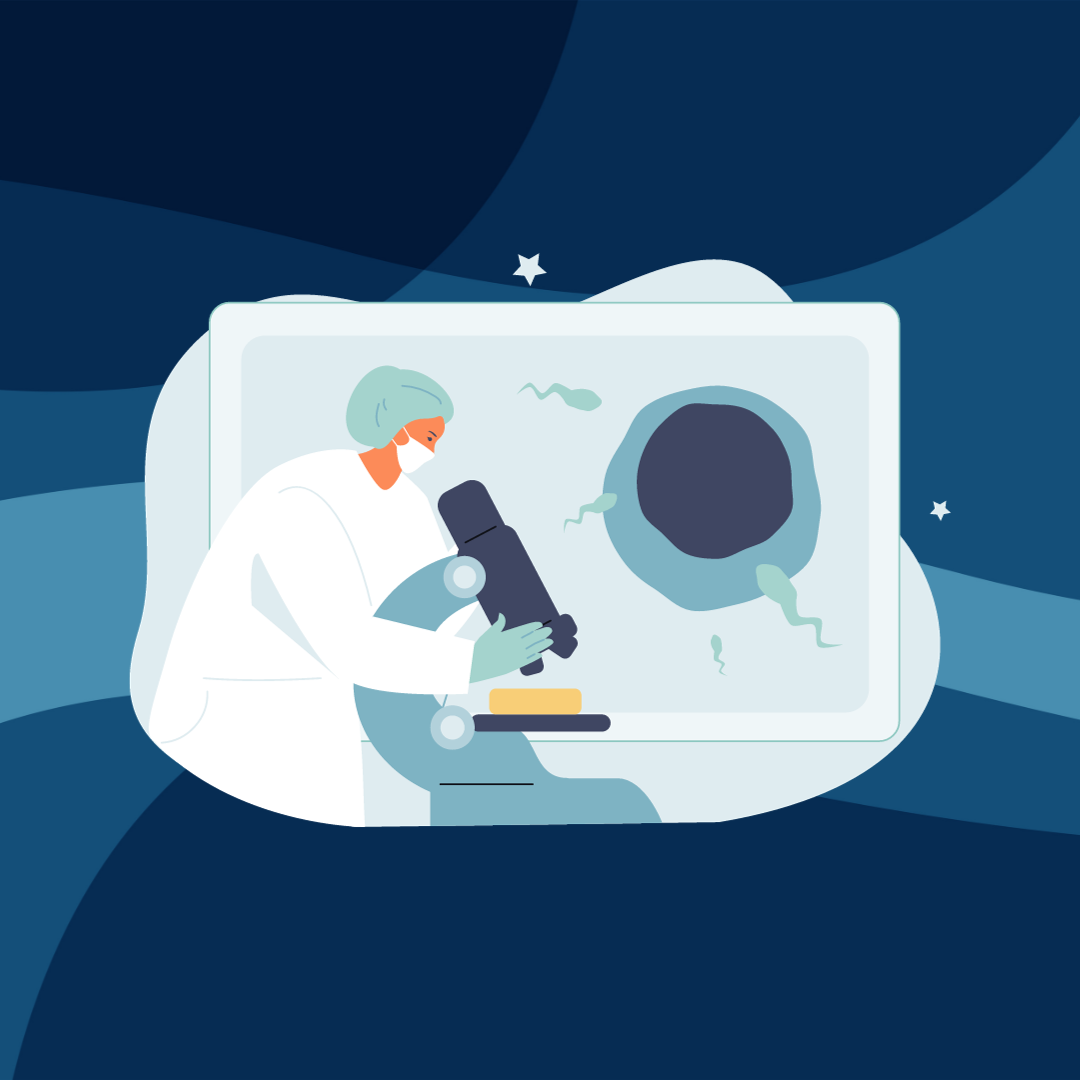Aggregated News

(Bloomberg) — A woman in Hong Kong had to travel to two different countries to attempt conceiving a baby on her own. A gay couple in the city resorted to even bigger extremes: Banned from surrogacy, they turned to the black market in mainland China to have their first child.
At a time Hong Kong is trying to reverse one of the world’s lowest birth rates, residents seeking to have a baby outside of traditional means are running into strict rules on fertility treatments. That’s leading some of them to go abroad for expensive — and sometimes illegal — measures to have a shot at parenthood.
The baby shortfall is so dire that Hong Kong’s leader handed out HK$520 million ($67 million) in so-called baby bonuses — HK$20,000 payments to have a child — in just under a year, while a local lawmaker proposed hanging baby photos in government offices to encourage family creation. Hong Kong’s birth rate per woman stands at a world-low 0.8, according to the UN Population Fund, with South Korea a close second at 0.9. (South Korea’s own calculations notched an even lower...



